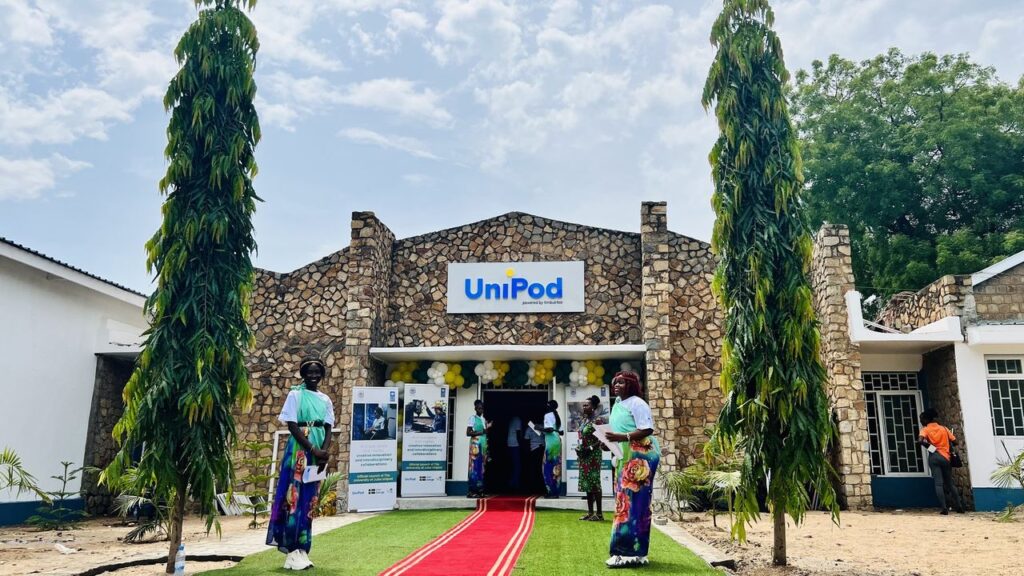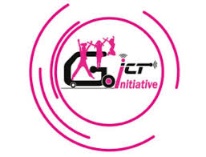4. Electrical and Electronics Room
Many modern products today include an element of electronics in order to make them adaptive or responsive to their environment, or controllable
through an integration between electronics and coding into such products. This is true of many industrial and other processes as well, and has given
rise to new areas of academic and R&D pursuits including fields such as embedded system and control systems. The areas of our lives impacted by
such technologies is broadening daily as we shift deeper into the 4th 12 industrial revolution. These technologies sit on a base of electronics an are
animated by coding. This workshop will make possible the realisation of a range of prototypes based on such, including the capacity to test the
prototypes and also to make printed circuit boards (double sided), from the dark room to populating the board with components.
5. Woodworking Room
Agri/Food Tech Room
The food tech workshops are equipped with state-of-the-art machines for processing a
variety of foods and juices, from dehydration and cold pressing of oils to baking and
juicing. Packaging via vacuum sealing is also availed.
Textiles/Fabrics Room
Textiles have been part and parcel of industrialization in many countries historically and
continue to be central to modern life. The fourth industrial revolution has impacted textile
manufacture as much as any other field. This workshop is equipped with a variety of
computerized embroidery machines and digitized sewing machines which are key to
modern textile production. Also included are industrial overlock sewing machines.
6. Greentech Room
The Greentech room enables users to experiment and design with plastics recycling (sorting, cleaning, shredding and injection moulding), green
energy especially solar power. Note that the other workshops described above make possible the manufacture of additional equipment that maybe
desirable for a given project. Soil analysis kits are also be availed towards improved farming practice.







